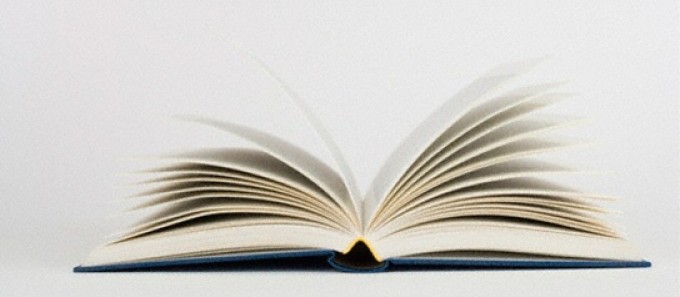
Vittore Branca Center scolarships: deadline postponed, February 28.2.2013

Vittore Branca Center scolarships: deadline postponed, February 28.2.2013
Contacts
tel. +39 041 2710253
[email protected]


Vittore Branca Center scolarships: deadline postponed, February 28.2.2013
Contacts
tel. +39 041 2710253
[email protected]

Con il sostegno di Intesa San Paolo